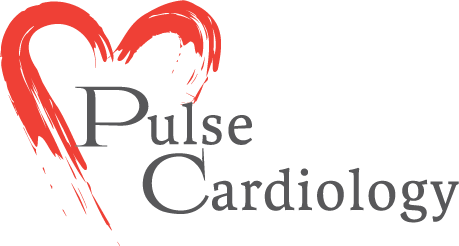What Is Arrhythmia, Symptoms And Treatment?

You might have heard people complain of shortness of breath, or might have come across an acquaintance, friend or co-worker who’s breathing is very loud and erratic. Although it might just be labored breathing, arrhythmia shares common symptoms and needs medical consultation.
What is Arrhythmia?
In the simplest of terms, it is an irregular heartbeat. The heart beating too slowly, too fast, too early or irregularly is when a person is diagnosed with arrhythmia. Arrhythmia symptoms can be perceptible or imperceptible. However, many arrhythmias are harmless; resulting from an abnormal run, state of shock or excitement and get normalized on their own. Nonetheless, quite a few of them can lead to serious heart conditions.
Click here if you want to learn more about the different types of heart diseases.
Causes of Arrhythmia
Every organ in the human body receives electrical signals from the central nervous system. The same goes true for the heart as well. For any reason, if the electrical signals that coordinate to the heartbeats are not working properly, an arrhythmia occurs. This results in an irregular heartbeat which can feel like a racing heart or fluttering. The underlying causes of arrhythmias can include coronary heart disease, high blood pressure, and cardiomyopathy (Changes in the heart muscle).
There are many arrhythmias that have no associated symptoms and there are others where people experience dizziness, breathlessness, and palpitations. But there’s not a reason to worry if you have a slow heartbeat; that is not necessarily a sign of illness. Arrhythmias or Cardiac Dysrhythmias are a group of conditions that include:
- Early heartbeat or premature contraction
- Irregular heartbeat which can be fluttering or fibrillation
- Slow heartbeat, also known as bradycardia
- Fast heartbeat or tachycardia
Arrhythmia Treatment
The treatments for arrhythmia can include invasive and non-invasive methods. Arrhythmia treatment can be economical and costly, depending on the method used. The more commonly preferred methods are mentioned below:
Coronary Bypass Surgery
In case the arteries or veins connected to the heart have been clogged or have narrowed down, other arteries or veins can be grafted to the heart’s coronary arteries to improve blood flow.
Maze Procedure
A surgical procedure that helps guide electrical impulses to improve heart function.
Ablation Therapy
Catheters are used to destroy small sections of tissues which are thought to be in the areas that might be causing arrhythmia.
Cardioversion
Electrical shock or medication to help the heart return to its normal rate of heartbeat.
ICD (Implantable Cardioverter-Defibrillator)
The device monitors the heartbeat and stimulates the heart to return to a normal frequency.
Arrhythmia doesn’t always lead to serious complications but is certainly a reason to consult a doctor. If a healthy person experiences arrhythmia (extremely minimal chances), it is possible to cut or completely eradicate this condition through proper diagnosis and treatment.
